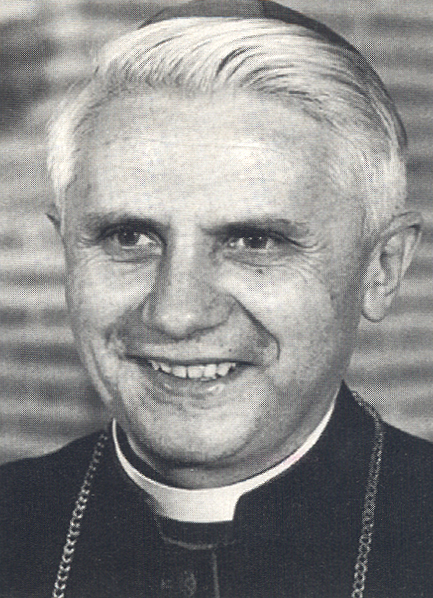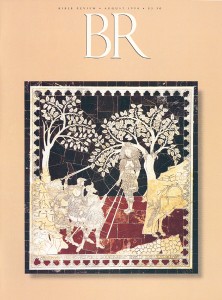The Catholic Church and Bible Interpretation
Major Catholic report endorses modern critical scholarship, condemns fundamentalist biblical interpretation

The historical-critical method of Bible interpretation is “indispensable”, declares a remarkable new report of the Pontifical Biblical Commission of the Roman Catholic Church.1 “Proper understanding [of the Bible] not only admits the use of this method but actually requires it.” Holy Scripture is the “word of God in human language”; in short, the Bible “has been composed by human authors in all its various parts,” states the report issued late last year by a 20-person committee, all men and all leading Roman Catholic scholars.
One of the most valuable aspects of the Commission’s report is its careful, yet succinct descriptions of the wide variety of methods of biblical interpretation, noting both the strengths and limitations of each method.
The Commission’s report discusses both the “documentary hypothesis” regarding the editing of the Pentateuch and the “two-source hypothesis” regarding the relationship of the synoptic gospels (Matthew, Mark and Luke) to one another.
The report describes the “documentary hypothesis” as “an explanation of the editing of the Pentateuch. According to this hypothesis, four documents, to some extent parallel with each other, had been woven together: that of the Yahwist (J), that of the Elohist (E), that of the Deuteronomist (D) and that of the priestly author (P); the final editor made use of this latter (priestly) document to provide a structure for the whole.”
As for the “two-source hypothesis”:
Already a library member? Log in here.
Institution user? Log in with your IP address.

